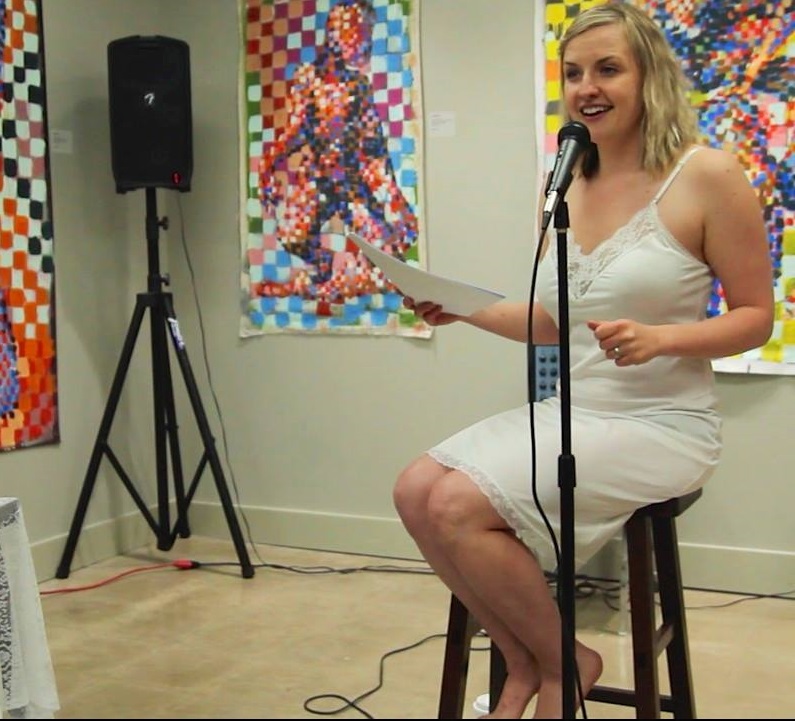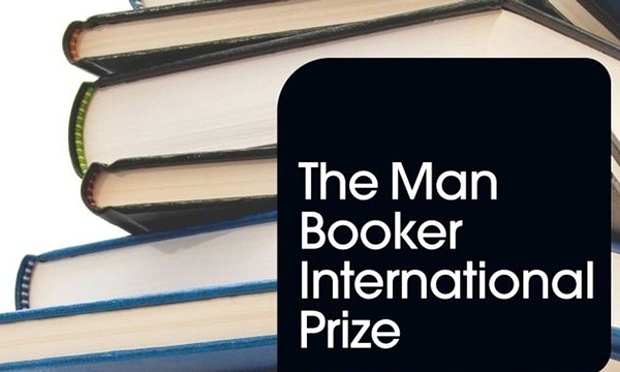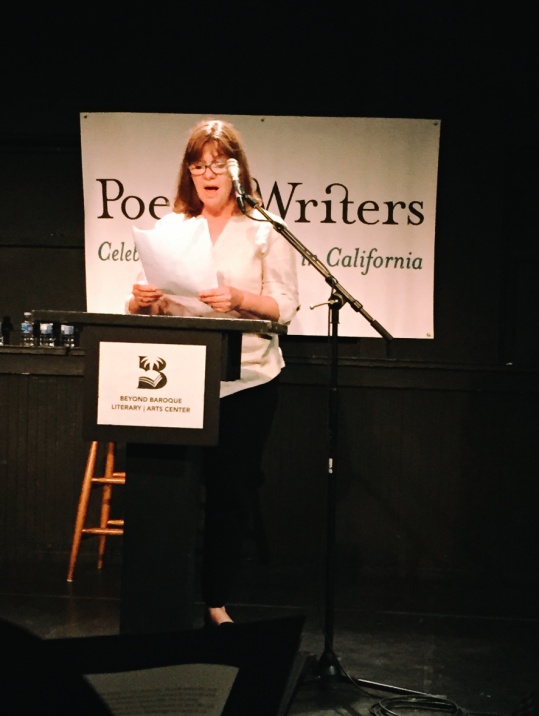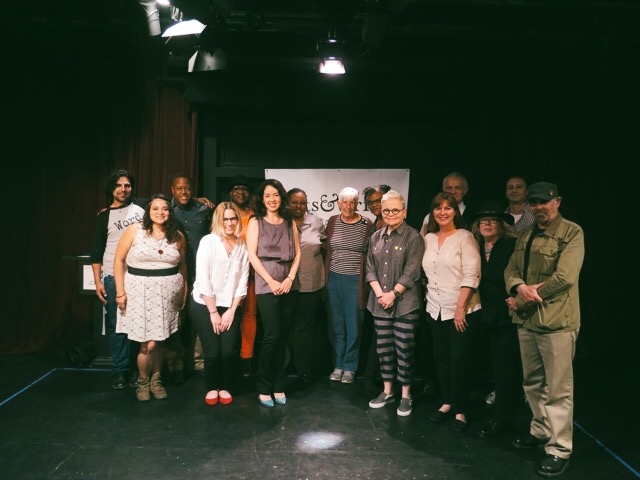This blog features a double interview with international poets Dominic Berry and Barbara Erochina, both recently featured in the 2015 Capturing Fire Queer Spoken Word Summit and Slam. Berry has performed poetry on BBC TV’s Rhyme Rocket and UK Channel 4′s My Daughter the Teenage Nudist. Winner of New York City’s Nuyorican Poetry Cafe Slam and Manchester Literature Festival’s Superheroes of Slam, he is currently touring Britain with the family comedy poetry show When Trolls Try to Eat Your Goldfish. Erochina is a Toronto-based storyteller, facilitator, writer, and performer who examines how untold stories transform our lives and our world. Her experiences as an immigrant queer woman, ex-minister and student of Gestalt psychotherapy focus her work towards feeling, embodiment, identity, and spirituality. She has performed on stages across Canada, and after completing a residency program at the Banff Centre for the Arts, has recently composed her first feature-length show.
 Tell us a little bit about yourself.
Tell us a little bit about yourself.
Berry: I am a queer, vegan poet from Manchester, U.K. who came to D.C. this summer to perform at a number of poetry readings, including Busboys and Poets, La-Ti-Do, and Regie Cabico's Capturing Fire Queer Spoken Word Summit and Slam. I've been doing this as a self-employed freelancer since 2007 and mostly gig up and down Britain. I've had the occasional mainland Europe booking, but this is only the second time I've been invited to share my stuff in the States (or indeed in any other continent), so I've been hugely excited and happy to have this happen.

Erochina: I am most interested in the power of stories to heal. There are so many ways to do this work: Personal anecdotes shared with a public audience, politically charged proclamations made over media channels, or even the private choice to become an active narrator of the stories we tell about our own lives. All of these acts of storytelling are transgressive and healing, and it is this choice for boldness that drives me as an artist and a person. Also, I’m a recreational cat impersonator and a queer lady. That’s important, too.
How do you prepare for a reading?
Berry: I prepare for any show by allowing myself to be nervous. I always get nervous, every time, after all these years. Nerves are good! I do not try to deaden them with alcohol. Nerves just mean I want to get it right because it matters to me. Sure, too many nerves can be destructive, but being well prepared and having rehearsed loads keeps nerves to a healthy, helpful level.
Erochina: I adore Dominic’s answer! I am all about welcoming the nervousness and knowing that it is a sign that I care, that I am invested. I also tend to have a fairly intense personality which means in preparation for a big performance, I become hyper-focused and immerse myself in my creative work. Thankfully, I have a wonderful partner who is also a poet, so she understands and supports my process by giving me lots of space and feeding me regular meals. Thanks Tanya!
What are your reading dos?
Berry: Something I personally think is a good thing to do is try to learn your poem. Even if it's not fully in your head and you still need to look at paper or a book, you'll say it so much better for all that practice. Eye contact and experimenting with where you will pause is integral—pauses are everything.
Erochina: My main do is to connect with the audience. In Gestalt psychotherapy which I have studied formally, we call this connection, contact. For me, it is really about opening myself up to my audience, and to all the possibilities of our interaction. I like to ask myself: What is the gift I am offering this audience today?
What’s in the works for you?
Berry: Later this summer I will be performing a full run of my video game poems called Up Your Game: The Downfall of a Noob at Scotland's Edinburgh Fringe Festival. I have done so for the past two years (with different collections) and it's a fantastic way to spend a month. If you're in Scotland this August, come check me out!
Erochina: Capturing Fire was an amazing and unique opportunity to lead a workshop of my first show, Wrestling God and Girls. The show traces my younger years and tells the story of what happens when evangelical Christianity is met with lesbian sexual awakening. Both hilarity and emotional trauma ensue. I am spending the summer finalizing the rewrites and rehearsing before doing a run of it in the fall in Toronto. The plan is to take it on tour sometime in late winter. I plan to have many dates in the U.S. and hope to bring it back to Washington, D.C. in its final manifestation. Everyone is welcome to check out my Instagram account @barbaraerochina to follow along.
Photo: Dominic Berry. Photo Credit: Ian Wallis Photography
Photo: Barbara Erochina. Photo Credit: Tanya Neumayer
Support for Readings & Workshops events in Washington, D.C. is provided by an endowment established with generous contributions from the Poets & Writers Board of Directors and others. Additional support comes from the Friends of Poets & Writers.





 Established in 2005, the Man Booker International Prize has until now awarded one prize of £60,000 biennially to “a living author for a body of work representing an achievement in fiction on the world stage.” Hungarian writer László Krasznahorkai won the prize in 2015. The annual
Established in 2005, the Man Booker International Prize has until now awarded one prize of £60,000 biennially to “a living author for a body of work representing an achievement in fiction on the world stage.” Hungarian writer László Krasznahorkai won the prize in 2015. The annual  Tell us a little bit about yourself.
Tell us a little bit about yourself.


